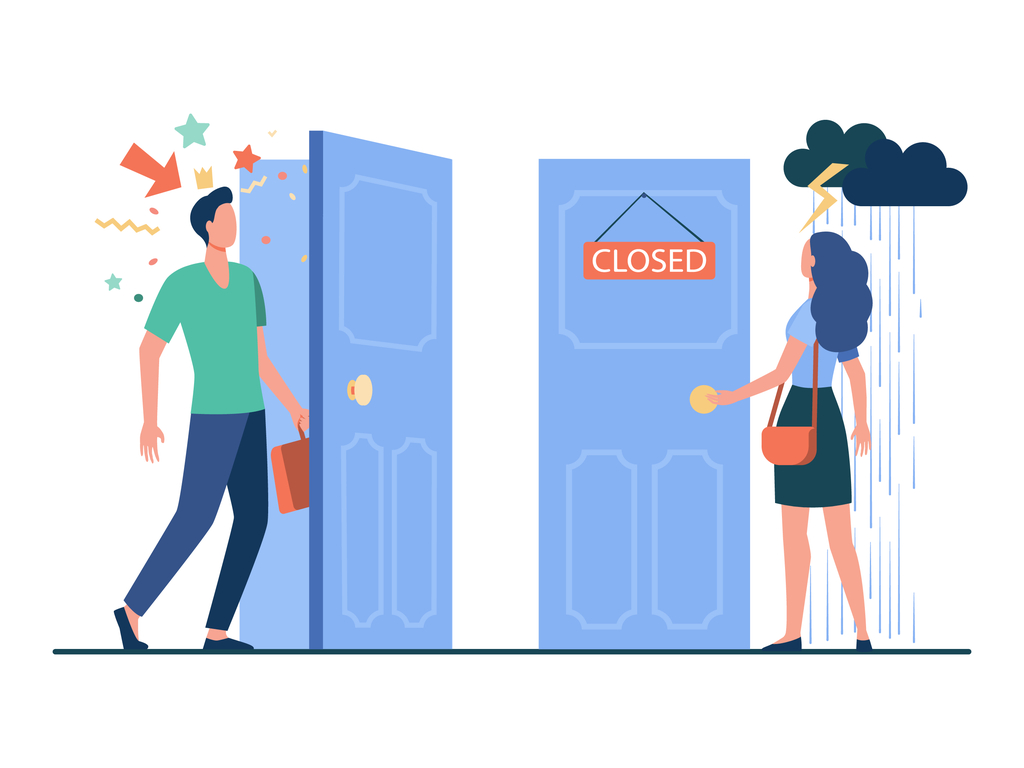Nina Vaisman, director, producer (Belarus), author of the viral video“I am a Belarusian Woman”
In July 2020 UN Women and UNFPA, together with the European Union have launched a three-year regional program to tackle gender stereotypes and gender-based violence in six countries of the Eastern Partnership: Armenia, Azerbaijan, Belarus, Georgia, Moldova, and Ukraine.
The program, entitled “EU 4 Gender Equality: Together Against Gender Stereotypes and Gender-Based Violence,” ultimately seeks to strengthen equal rights and opportunities for women and men by challenging perceptions about men’s and women’s roles in the family and in society and working to eliminate gender-based violence.
We have interviewed leading experts from Eastern Partnership countries to hear about gender equality issues in their home countries. Here are the answers from the expert on Belarus.
How can you describe the gender-based issues in your country, is there any gender inequality (i.e. gender pay gap, gender-stereotyped behavior including men’s non-involvement in parenting and domestic responsibilities, gender-based violence etc.)?
Here in Belarus gender equality doesn’t exist, we face same issues as all CIS countries do: no working law against domestic violence, payment gap (women earn on average about 25% less that men), a list of banned professions for women, some employment spheres are considered “women only” — for example, the vast majority of people in educational spheres are women, they are widely represented in the low positions and often in the middle management, but all the positions in the top management (university rectors, ministers, etc) are occupied by men.
Despite the fact that during the Soviet times women received certain “rights” in the real life it formed a stereotype, that women are not only supposed to work “in a line” with men, but also they have to cover all the domestic choires that are considered “women only” — cleaning up, washing up, taking care of kids etc. Moreover, a few years ago it was quite common (I’ve heard it from several women myself) — that “men’s salary — is his money, and with women’s salary I have to pay for our food, buy everything for our kid and if something remains i can spend it on myself”
But I hope that the situation is changing now — more and more husbands and fathers are taking more responsibility and sharing chores and getting more involved in parenting. I believe last few years of feminism spreading around the world has influence on belarusian women as well — they become more attentive to their lives, self-respect and personal boundaries. The younger generation doesn’t take seriously old stereotypes like “you have to get married to be happy”, “you have to deliver a baby before 25” or “woman’s vocation is to inspire her man”.
So I believe it is extremely important to continue informing masses — both men and women — for building a healthy civil society. Gender equality is a must for highly developed and educated society — and Belarus is moving fast in this direction, we witnessed it for the whole 2020:) So it will also help to develop every sphere (like economics, education, healthcare, arts etc) and enhance the growth and contribution of women to these spheres.




